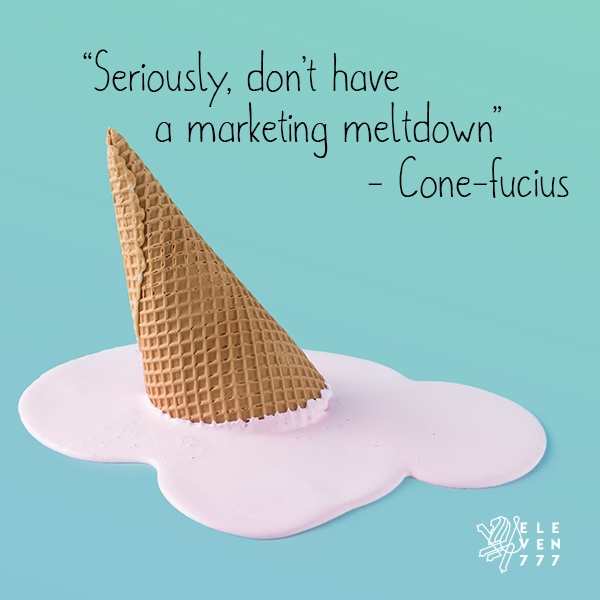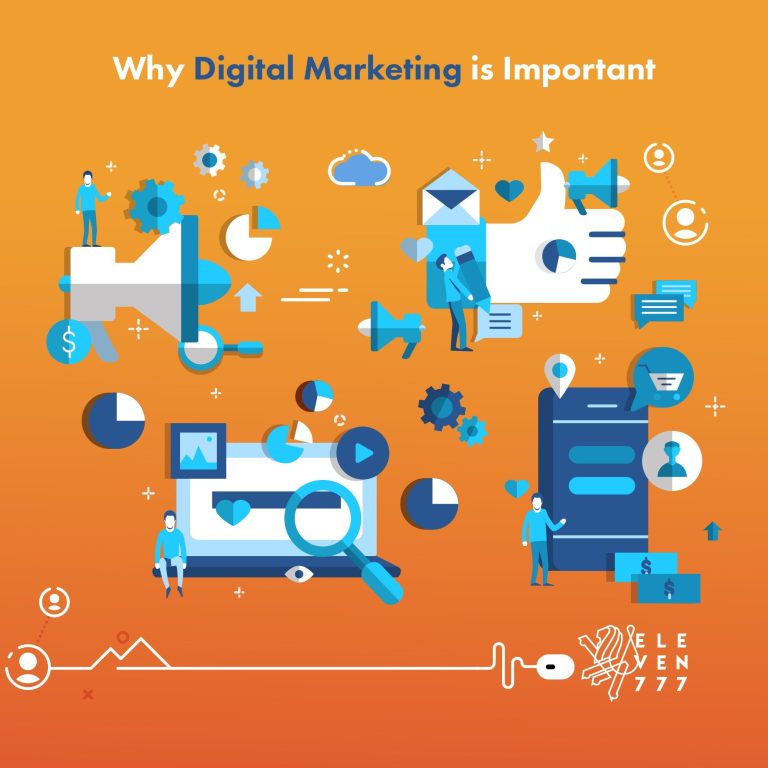250 years ago, the Industrial Revolution changed the world. Right now, the Digital Revolution is transforming the way we live. Here are the top 5 reasons why digital will do wonders for your brand.
Let’s start with some facts.
Fact #1: By the time you finish reading this list, you’ll have grown a little older. And it will be a similar fate for the means you use to communicate with your customers. In the place of touch-points you currently use, there’ll be new means to engage with your clientele.
Fact #2: How we are entertained, how we acquire products and how we engage with one another has changed. Radically. And all in the past few years.
Blockbuster, out. Netflix, in.
Toys “R” Us, out. Amazon, in.
YMCA, out. Facebook, still in, even after its Cambridge Analytica fallout.
You see where we’re going with this.
Fact #3: The top three companies on track to hitting a trillion-dollar market capitalization are all tech companies. Amazon, Alphabet, Microsoft. Apple is ahead of the pack, having hit the trillion-dollar mark just last week.
250 years ago, the Industrial Revolution changed the world. Right now, the Digital Revolution is transforming the world. And the pace is dizzying.
If, for some reason, you’re still wondering why digital marketing is important for your business, here are the top five reasons you need to get with the times:
1. While brick and mortar commerce may not exactly be dying a slow, painful death, e-commerce is nevertheless firmly establishing itself as the future of buying and selling.
The current value of e-commerce in the Middle East and North Africa (MENA) is US$ 20 billion. In 2020, it’s expected to increase 900% to US$ 200 billion. The managers and owners at Dubizzle, Noon, Souq.com and Wadi.com understand this very well.
2. To know your customer. IP addresses and tracking cookies help you know the geographical location of a visitor/prospective customer to your website, the pages she’s seen and how long she typically spends on your site. Via third-party cookies, you can know other online behaviour of your prospective customer – the kinds of sites they visit, what they’re in the market for purchasing, and more.
It can be creepy, and illegal, if taken the route Facebook was accused of taking with Cambridge Analytica, but if a customer’s data isn’t sold, then it’s not a bad thing because it allows you to legitimately customize and optimize your content to prospective customers.
3. For your customer to know you. Your website, social media, email, pay-per-click ads, ratings/reviews, webinars are just some of the online touch-points you can use for your brand. Not to mention the conversations or mentions you have in online journals and forums. All these tell your customer about your brand, your unique value proposition and your general awesomeness.
4. It makes good business sense. Because of Reason #2, the fact that online activity can be tracked, you can easily calculate your return on investment.
Imagine you publish a full-page ad in the New York Times, costing you US$150,000. It’s a physical product that takes time to arrive at a person’s home. It’ll likely have many impressions as it makes the rounds from the living room and coffee table to the water closet and back, and it will have an audience reach that probably accumulates over at least two weeks. But how many who saw the ad will actually convert to customers? To figure that out takes time and money. And there’s just way too many ifs and buts.
Compare that to digital. Say you do a PPC campaign on Google Ads for US$150,000. You can instantly know how many impressions, what it cost you per impression, how many customers converted, the total revenue from the conversions and therefore your ROI.
ROI = (Total Revenue – Total Cost) / Total Cost
5. It also makes good business sense because it’s scalable.
Scaling in traditional marketing could mean hiring more marketing staff, acquiring more physical advertising space, or increasing production of your marketing products. All of this takes time and physical effort.
With digital, a few clicks and number-crunching tricks, and you can instantaneously scale towards hitting that quarterly KPI or fine-tuning the optimal ROI for your product.

Digital is quick and easy. And we ought to do business the same.
As you can see, digital is the future, as much as it is the present. The top questions you need to ask as a CEO or marketing manager is:
1. Are you selling online? Selling online is not just for B2C, but increasingly for B2B. In fact, B2B outperforms B2C by a scale of 3:1.
2. Do you know where your customers live? I don’t mean their physical address, so you can mail them their yearly Hallmark birthday greeting. But ‘live’, as in spend their time online. How do they compare to the average adult that spends 2 hours and 51 minutes on their phone every day? And what are they doing when they’re there?
Fact #4: Digital can do wonders for you. Whether you’re selling real estate, finance or pharma. But to make the investment in digital worth your while, you need to integrate it seamlessly with your brand – its identity, positioning, key messaging and aesthetics, as well as its overall strategy.
If you’re not sure where to start or how to optimize for digital, fill in your details below and we’ll show you how to ride the digital wave. There’s no commitment, and no charge. If you believe digital can be valuable for your brand, take advantage of this limited time offer.
